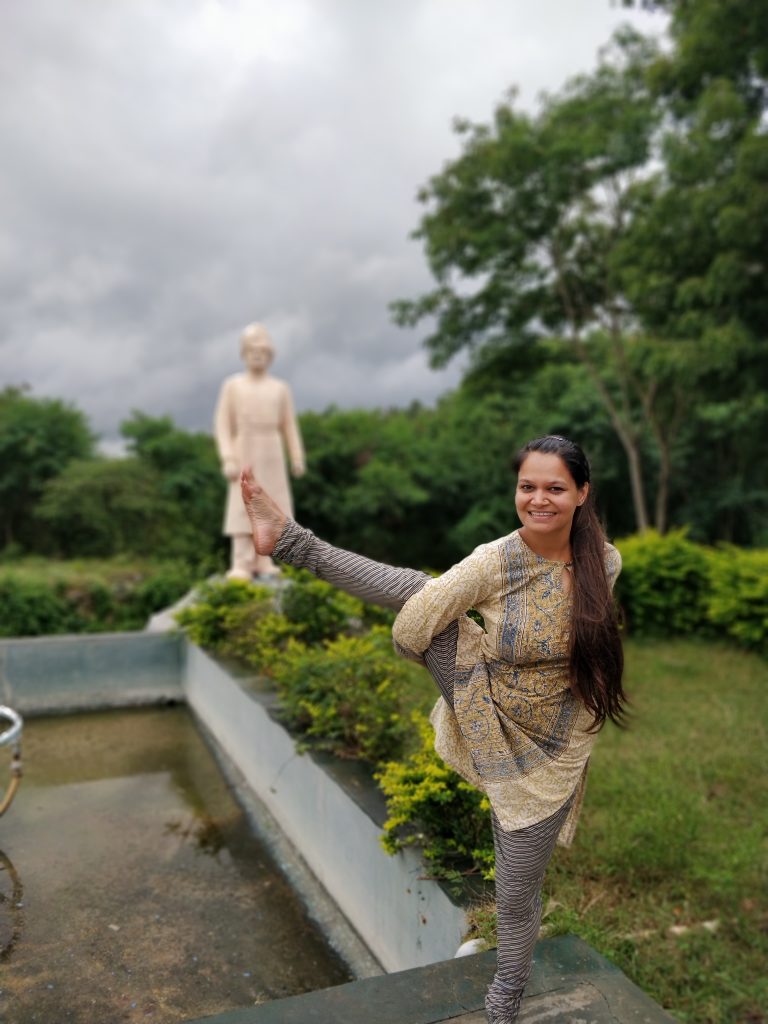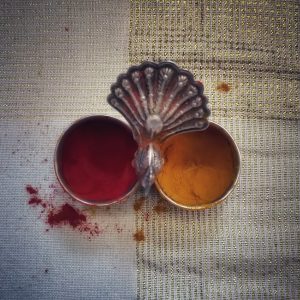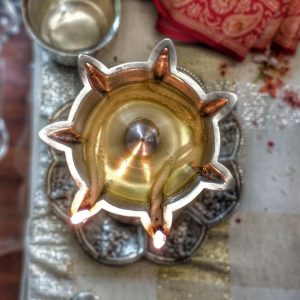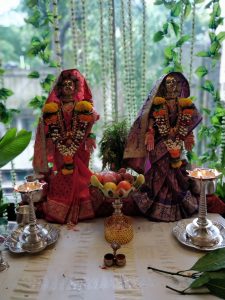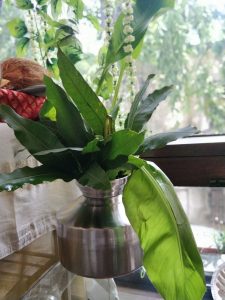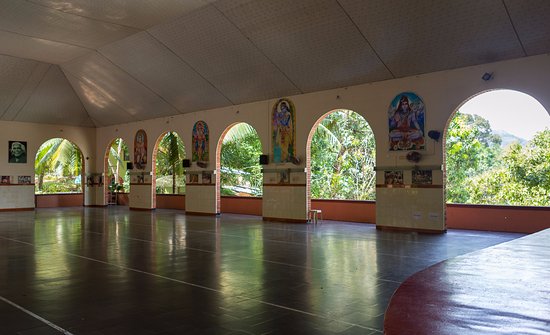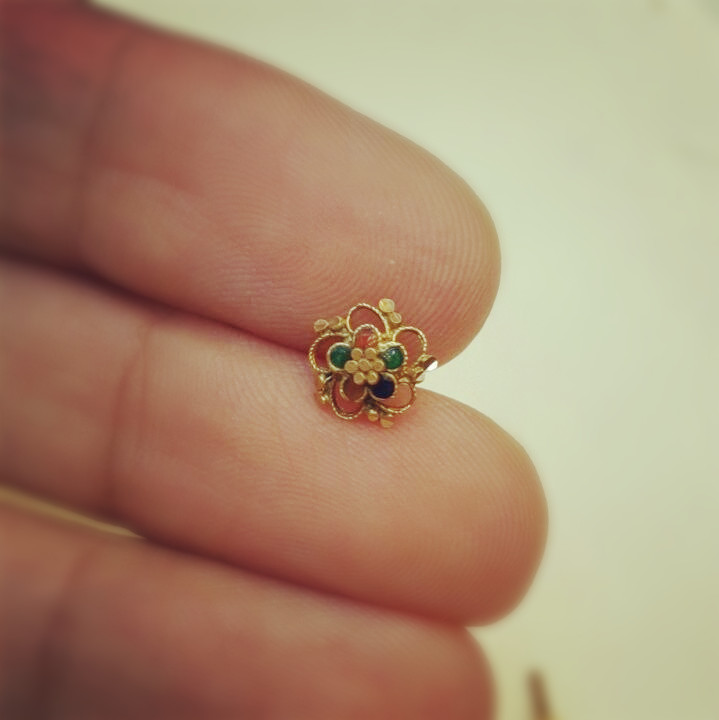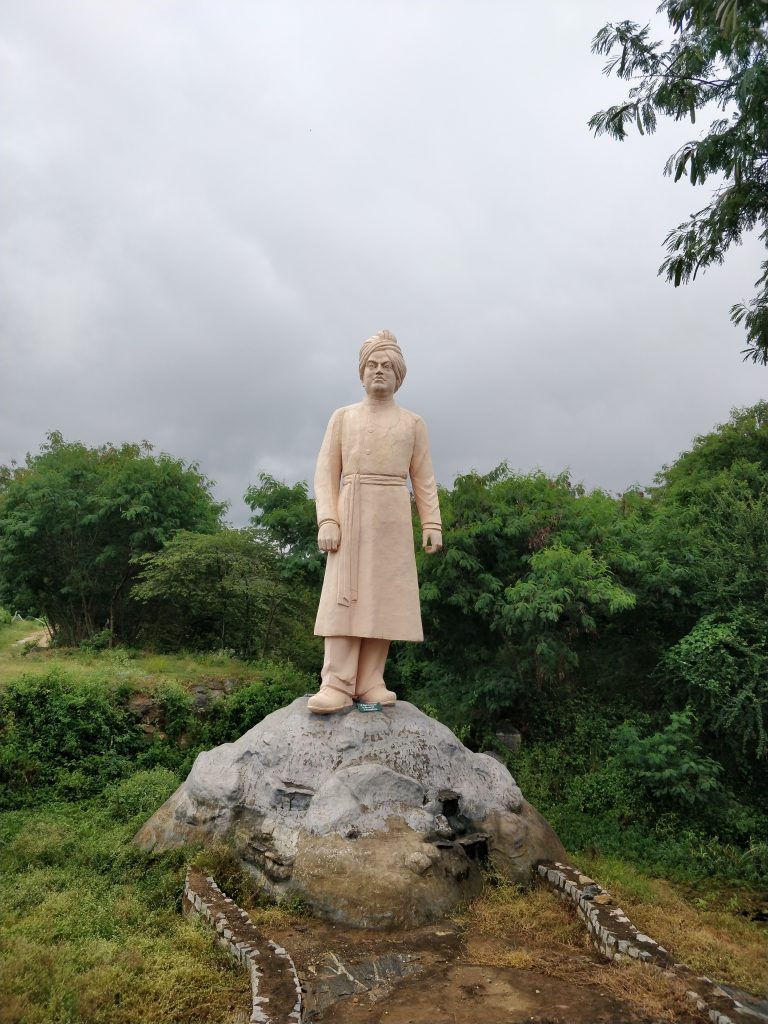
Swamy Vivekananda is arguably one of the most popular spiritual leaders of India. He was born on Jan 12, 1863 to wealthy parents. He was christened Narendranath. Born to priviledge he was also well educated and had a liberal upbriging. As a young adult the question of God and the Supreme Being fascinated him, and he tried finding answers to his spritual crisis with reason and logic. The quest for an answer took him to many religious teachers and masters. He finally found what he was looking for in Sri Ramakrishna, another prominent spiritual master at the time. This resulted in a deep spiritual bond and Narendranath became Swamy Vivekananda.
In 1893 Swamy Vivekananda represented India in the World Parliament of Religions held in Chicago. His lecture was about India, Hinduism and Sri Ramakrishna’s philosophies. His speech drew a lot of interest and he spent the next two and half years in America, and eventually established the Vedanta Society of New York.
Despite a deep respect and love for Hinduism, Swamy Vivekananda thought of his countrymen first which is why he is considered to be an early nationalist.
This institute is named after him because he represents a scientific approach to Indian culture. SVYASA endeavors to explain the expansiveness of Indian culture and attempts to cultivate a love for the country among the students. For this reason we have bhajan classes and talks, students learn desh-bhakti songs as well, the national anthem and the national song are a daily affair and discourses are held on important lessons from the Gita. I know it sounds a lot, and maybe a tad bit too Hindutva for many of you. But…it’s not that bad!
